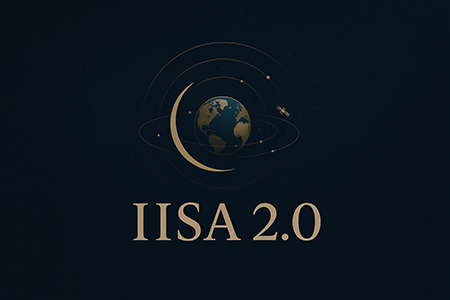The number of people internally displaced by conflict in Afghanistan doubled to 1.2 million in the past three years. Afghanistan is currently one of the largest source of refugees in the world, with approximately 2.6 million Afghan citizens having fled the country. However, a large number of people forced to flee their homes due violence remained trapped in the country, where they are struggling for basic needs.
Research done by Amnesty International indicates that despite promises made by the Afghan government, internally displaced people (IDPs) are living without proper food, water, healthcare or shelter. Moreover, they are deprived of pursuing education or employment.
A new National IDP policy launched in 2014 could be the only hope for those displaced. If adequately enforced, the policy could institutionalise legal responsibilities to assist IDPs. However, the corruption and lack of interest on the side of the Afghan government constitute serious impediments against its implementation.
Despite being forced to live in extremely precarious conditions in an attempt to flee violence, IDPs continue to be vulnerable to violent acts. On 18th June 2015, residents at the Chaman-e-Babrak camp in Kabul reported that a group of armed men tried to demolish their shelters. Despite the deaths of two people and ten others being injured, the government has not carried out any investigation.
The United Nations has asked for $393 worth of humanitarian funding for Afghanistan; however, less than a quarter of this sum was actually received. Recognising the lack of humanitarian funding in Afghanistan, Ms Priti Patel, the UK International Development Secretary, has indicated a shift in British Aid away from middle-income countries and instead ensure “resources reach the most vulnerable”.
“Boosting global prosperity by creating jobs, investment and trade in countries where they are desperately needed is firmly in the UK’s interests. That is why we are using our position in the [World Bank] to push for significant reforms that work for Britain and the world’s poorest.”
– Priti Patel, MP
UK International Development Secretary
@TelegraphNews
